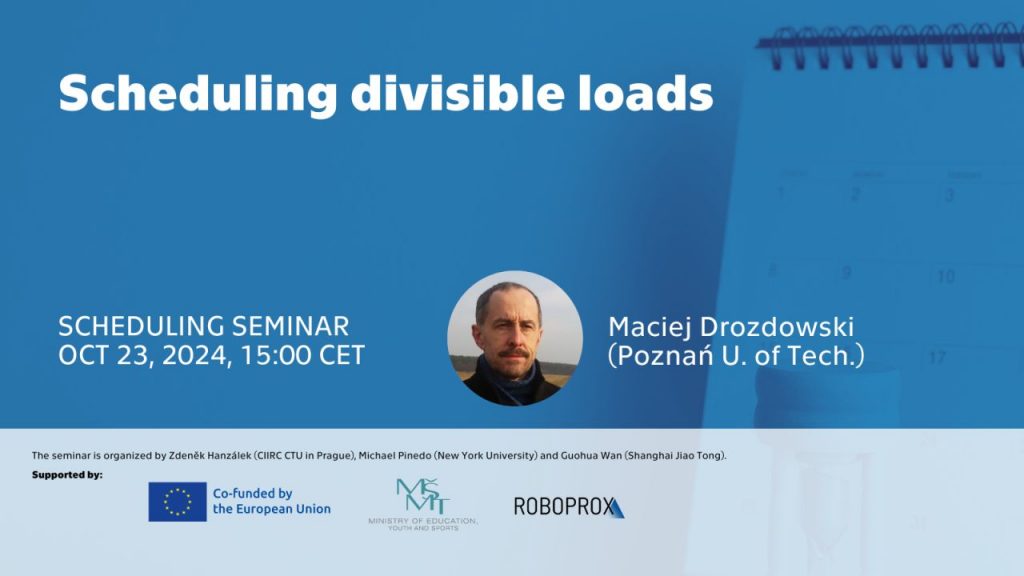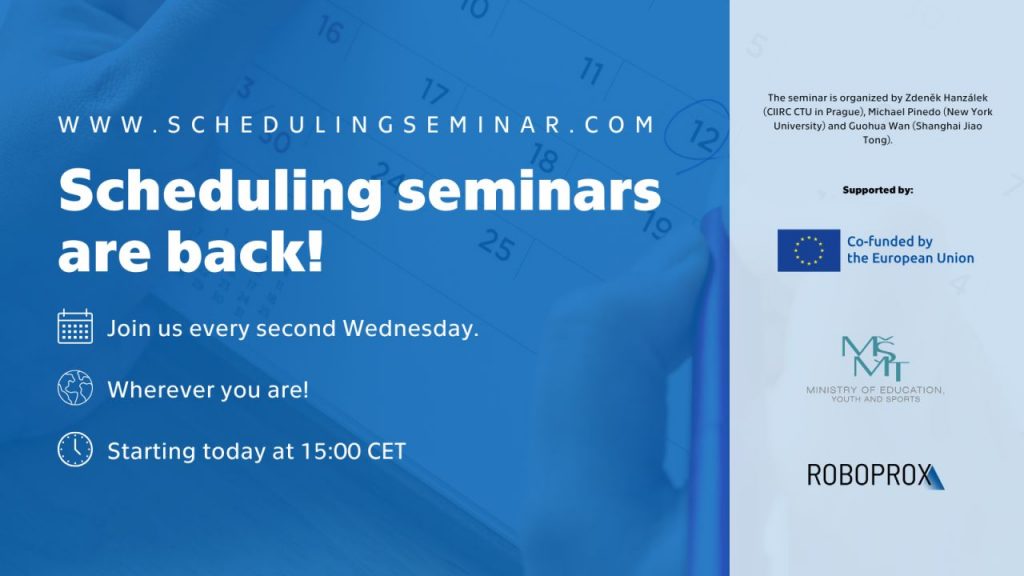On October 23, 2024, at 15:00 CET, Maciej Drozdowski from the Poznań University of Technology presented a seminar on Divisible Load Theory (DLT), a powerful scheduling and computer performance model that is particularly relevant for data-parallel applications. The event, organized to provide a deeper understanding of advanced scheduling techniques, attracted attendees interested in optimizing computational processes in parallel systems.

Divisible Load Theory, as introduced by Drozdowski, is built on the premise that computing tasks can be divided into smaller pieces of arbitrary size, which can then be processed independently across multiple processors in parallel. This flexibility allows for significant improvements in efficiency, particularly in heterogeneous computing environments where resources may vary in capabilities.
Drozdowski’s talk progressed from basic DLT formulations for scheduling divisible loads on heterogeneous systems to more complex scenarios. He explored the scheduling of multi-installment divisible loads in systems that have hierarchical memory and energy constraints, emphasizing the challenges posed by these factors in practical applications. The NP-hardness of various DLT scheduling problem variants was also discussed, shedding light on the computational complexity involved in finding optimal solutions.

A key highlight of the seminar was the demonstration of DLT’s application in isoefficiency maps, which are used to visualize the relationship between parallel processing performance and system scalability. These maps provide valuable insights into how efficiently a system performs as it scales, helping researchers and engineers better understand the trade-offs involved in parallel computing.
For those interested in further exploring Divisible Load Theory and its applications, the seminar’s PDF download and recording are available for access.
Are you interested in other similar seminars? Then don’t hesitate to follow the Scheduling Seminars website so you don’t miss any more events. Here you will also find recordings of past seminars and other interesting information. We look forward to seeing you at the next seminar!

